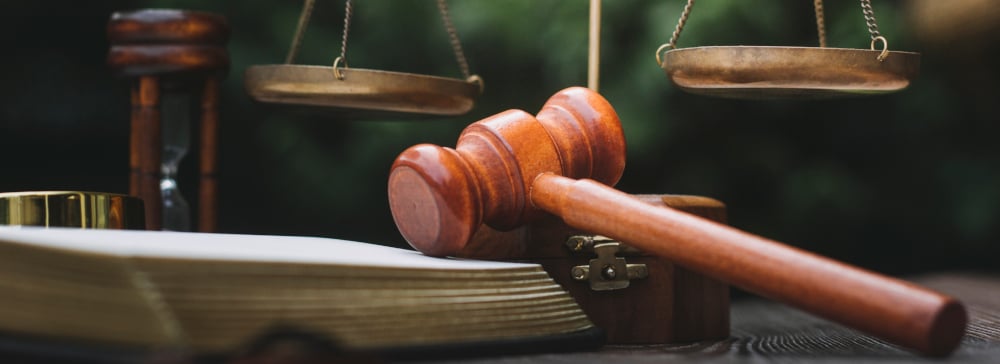Table of Contents
Florida’s personal injury law provides those who have been injured catastrophically to pursue compensation for the overwhelming medical and specialized equipment expenses they have to undertake related to the injury; not only for the present but also for the remainder of their lives.
To begin exercising the legal right to sue for damages, simply arrange for a free, no-obligation consultation with a Ft. Lauderdale catastrophic injury lawyer who is experienced in this area of law. A Ft. Lauderdale personal injury lawyer can devote the time and resources necessary to make your case.

A permanent impairment is the broad legal definition of a catastrophic injury in Florida law. The state statute list includes these severe life-changing injuries:
Many other injuries can fall into the broad definition, such as loss of hearing, amputations, and other impairments that cannot be reversed.

The law allows those injured to recover money to make them whole again financially, but beyond that are other damages, which are difficult to calculate with a dollar sign.
Catastrophic injuries are also more involved and expensive to treat. Because these injuries are life-changing, other expenses such as fully automatic wheelchairs and other devices are needed. Damages can include:
Punitive damages apply if the act that caused the severe injury was particularly egregious.

Florida uses the modified comparative negligence standard, requiring all parties who share responsibility for causing the accident to have damages reduced by the percentage of fault they have, which is determined by a judge or jury based on evidence. If the plaintiff is found to be 51% or more at fault for their injuries, however, they are barred from recovery entirely.
Negligence has four elements that must be proven to win the case:

A Ft. Lauderdale catastrophic injury lawyer, with the client’s assistance, prepares the lawsuit, files it with the court, compiles the evidence necessary to prove the case, calculates the amount of damages to seek, and prepares and responds to motions during the legal process. The attorney will develop witnesses and aggressively present the case in court. If you have been involved in a catastrophic injury case, contact an attorney who can fight for you.
If you are injured and unable to come to us,
our attorney will come to you - there is no charge for us to do so.